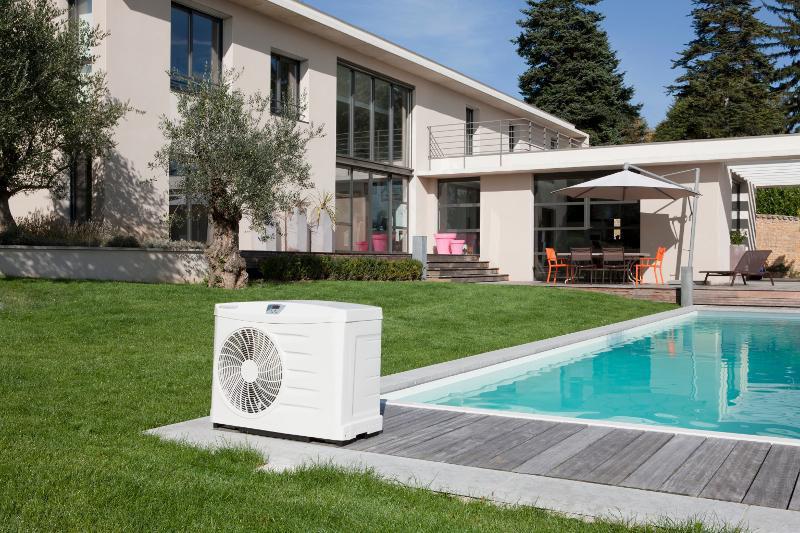If the idea of owning a swimming pool in the backyard has crossed your mind more than once, you should know that apart from the promise for lots of fun this investment also comes with a bunch of responsibilities and expenses.
First off, there is the need to make sure the water is clean at all times and commit to proper and regular use of all the right chemicals that prevent the growth of certain kinds of bacteria and algae inside the pool. But besides ensuring that the hygiene inside the pool is top notch, one of the most important parts you’ll need to purchase when owning a pool is the hot water heat pump, because who wants to take a swim in a cold water?
Without a pool heater your swimming season will only last a few months, but with this addition you can make your outdoor retreat season last whole year round. However, you should have the size of your pool in mind before purchasing a hot water heat pump because they come in different sizes, so some of them suit pools that can hold up to 30,000, 50,000 or even 90,000 liters.
The hot water heat pump uses electricity to move heat from one place to another instead of gathering the heat directly, which means they can be two to three times more energy efficient than conventional electric water resistance heaters. To move the heat, heat pumps work like refrigerators, but in reverse.

What does this mean?
While the refrigerator retrieves the heat out of a box and transfers it to the designated area, the heat pump collects the heat from the surrounding air and transfers it into a tank to heat the water. Simply put, the hot water heat pump transfers heat from the outside air into the swimming pool water.
With this technology, heat pumps can extend the average pool season by 2 to 3 months depending on the location and the climate, that’s why although there are different types of pool heaters, the heat pumps are the most frequently used among pool owners in Australia. This is mainly because Australia’s climate allows that.
If you however live in an area with a colder climate, you should probably go for an electrical heater. These heaters normally use natural gas or propane to heat the pool water and since they are meant for colder areas, they heat the water very quickly. Although they are not as expensive, the use of gas and propane can be quite pricey and in the end they can exceed the cost of a heat pump.











